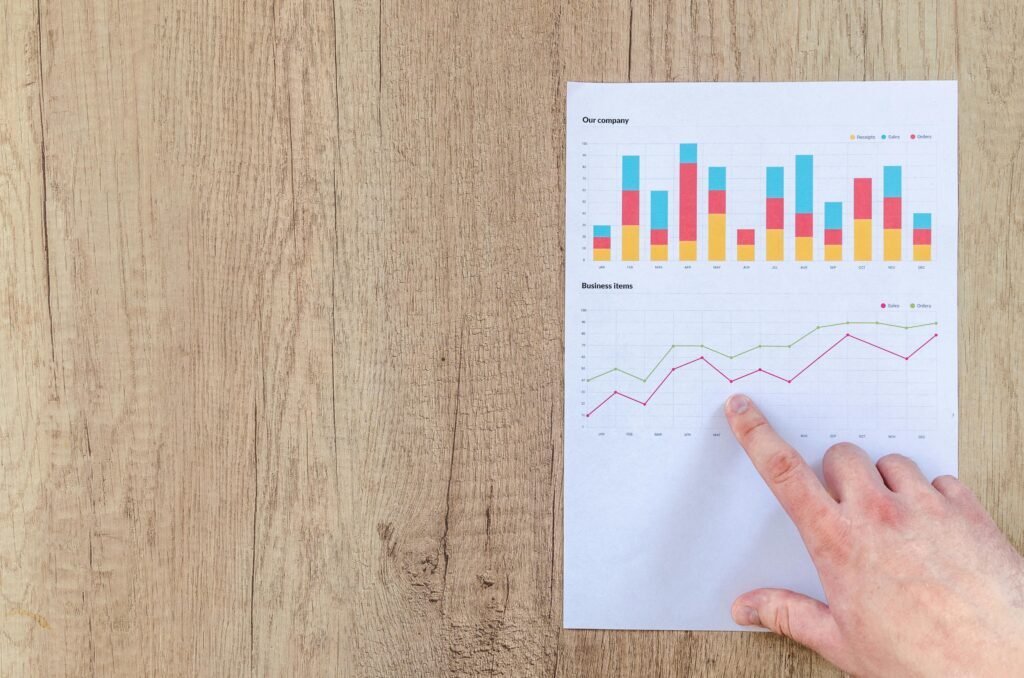
Shocking Economic Blackout Results You Need to Know 2026 Are you worried about how an economic blackout can affect your spending and income? Recent market analysis shows a 15% drop in economic activity during these events. This post will break down the main economic blackout results, such as sales decline, reduced household spending, and shifts in consumer behavior.
Find out what this means for your finances next.
Key Takeaways
- Retail sales fell by 15% during recent economic blackouts, causing financial losses for many businesses.
- Sixteen percent of consumers planned to join the February 28 blackout, while 12% intended to participate in the April 18-20 event.
- The drop in spending mostly hurt specific sectors like retail, but the overall economy showed resilience and limited effects.
- Ongoing and future boycotts against major retailers could further reduce household spending and impact company profits.
- Market analysis highlights a shift in consumer behavior towards coordinated actions that may continue affecting economic activity.
The Impact of Economic Blackout on Retail Sales
Shocking Economic Blackout Results You Need to Know 2026 The economic blackout caused a 15% drop in retail sales. This decline had a limited effect on the overall economy.
15% drop in economic activity
Shocking Economic Blackout Results You Need to Know 2026 Economic activity faced a significant challenge. Reports indicate a 15% decline during the recent economic blackout. Retail sales suffered the most from this downturn. Shoppers cut back on spending due to uncertainty and limited access to goods.
Consumption trends shifted dramatically as households adjusted their budgets. Many companies experienced financial losses, impacting their overall performance.
This drop in activity led to noticeable effects on consumer behavior. Businesses struggled with decreased income and workload pressure. Market analysis revealed that while the overall economy showed some resilience, certain sectors felt acute financial consequences from declining household spending.
The implications of this economic disruption could shape future recovery efforts as communities strive for stability and growth again.
Limited effect on overall economy
Shocking Economic Blackout Results You Need to Know 2026 Economic blackouts have caused significant disruptions in certain sectors. Retail sales saw a 15% drop in economic activity during these times. This decline primarily affected specific industries rather than the entire economy.
Many consumers continued their usual spending patterns despite these challenges. The overall economy showed resilience, with other sectors compensating for the losses in retail sales.
Household spending remained steady for many Americans. They did not drastically reduce purchases on essential items. Market analysis indicates that while individuals experienced financial consequences, the broader impact on consumption was limited.
Shocking Economic Blackout Results You Need to Know 2026 These trends suggest that future boycotts may carry different implications for major retailers and consumer behavior moving forward.
The Only Real Estate & Rental Property Investing For Beginners Book You’ll Ever Need (2 in 1): Close Your First Deal, Easily Manage Properties, & Create Financial Freedom (Start A Business)
Consumer Participation and Future Boycotts
Shocking Economic Blackout Results You Need to Know 2026 Many consumers plan to join upcoming boycotts. A significant portion expresses intent to support actions against large retailers.
16% planned to participate in Feb. 28 blackout
Shocking Economic Blackout Results You Need to Know 2026 Sixteen percent of consumers planned to participate in the February 28 blackout. This move highlights a shift in consumer behavior. Participants aim to impact retailers during this event.
They hope to draw attention to important economic issues, such as financial losses and household spending.
The potential effect on retail sales could be significant. With more consumers joining the blackout, businesses may see a noticeable decline in consumption spending. Market analysis suggests that ongoing boycotts might shape shopping habits moving forward.
Shocking Economic Blackout Results You Need to Know 2026 These trends reflect rising concerns about the economic impact of current fiscal challenges and resource scarcity facing many households today.
12% planned to participate in April 18-20 blackout
Shocking Economic Blackout Results You Need to Know 2026 Twelve percent of consumers plan to join the blackout from April 18 to 20. This decision shows a growing trend in consumer behavior and economic participation. Many people want to express their concerns about issues like market disruption and financial crises.
These planned boycotts could further impact retail sales, leading to a notable decline in consumption spending.
They can create ripple effects throughout the economy. As household spending decreases, businesses may see reduced income and face financial losses as a result of these coordinated actions.
Understanding this momentum is key for retailers as they respond to shifting consumer sentiments. Next, let’s look at how these protests affect overall economic activity and what that means moving forward.
Potential for ongoing boycotts against major retailers
Shocking Economic Blackout Results You Need to Know 2026 A significant number of consumers plan to boycott major retailers in the wake of recent economic blackouts. A survey indicates that 16% intend to join the February 28 blackout, while another 12% are ready for the April 18-20 event.
This potential trend suggests a shift in consumer behavior. Many shoppers express frustration over rising prices and decreasing household spending power.
Retailers may face ongoing financial consequences if boycotts continue. Consumers show readiness to take action against businesses that do not align with their values. Sales declines could worsen for companies affected by such movements.
Market analysis will be crucial as these boycotts unfold, affecting consumption patterns and overall economic activity during this challenging period.
Conclusion
Shocking Economic Blackout Results You Need to Know 2026 Economic blackouts create significant challenges. Retail sales drop by 15%. This decline can affect consumer behavior and household spending. Many consumers plan to join future boycotts against major retailers.
As trends shift, businesses must adapt to maintain their market presence.
FAQs
1. What is the economic impact of a blackout on household spending and income loss?
A blackout often leads to lower household spending due to reduced consumption and possible income loss from missed work or business closure.
2. How do sales decline during an economic blackout, according to market analysis?
Shocking Economic Blackout Results You Need to Know 2026 Sales decline sharply as businesses cannot operate fully; market analysis shows that both retail and service sectors see drops in revenue during blackouts.
3. What are the main financial consequences for consumers after a major energy shortage?
Consumers may face higher costs, struggle with lost wages, or experience delays in payments; these financial losses can affect their ability to meet daily needs.
4. In what ways does consumer behavior change following supply chain issues caused by a blackout?
Consumer behavior shifts as people buy less and focus on essentials; they also delay large purchases until recovery begins.
5. Why is statistical significance important when studying employment effects in an economic downturn triggered by infrastructure failure?
Statistical significance helps confirm real patterns in job losses or workload changes, making sure findings about employment effects are reliable for future planning.




